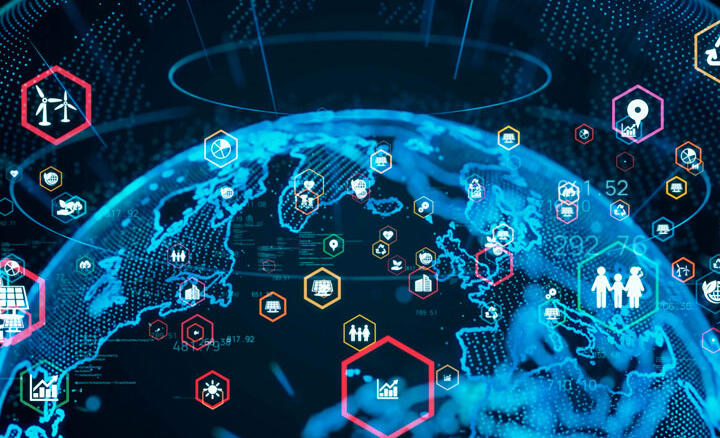You are here
Digital
Imagining and preparing for the future in order to guide research and public policy is the very purpose of foresight. A perilous exercise, scientists point out. And one that requires dialogue between disciplines, along with solid models accounting for...
Article
12.02.2025
In the French-Belgian film "The Residence", recently released in a number of European countries and Brazil, a novelist interacts with an artificial intelligence system. The robotics researcher Catherine Pélachaud explains how a seemingly personal...
Article
10.28.2025
By combining theoretical abstraction with practical impact, Stéphane Mallat has left a lasting mark on mathematics and computer science. From the JPEG 2000 image compression standard to the mathematical foundations of artificial intelligence, he has shaped...
Article
09.10.2025
Digital cemeteries, deadbots… Is the development of digital tools changing the way we cope with death and mourning, as depicted in David Cronenberg’s latest film "The Shrouds"?
Article
07.22.2025
Article
07.02.2025
A recognised physicist for her work on quantum boxes, Pascale Senellart conducts her research at the joint research laboratory between the Centre for Nanoscience and Nanotechnology, and the start-up...
Slideshow
05.22.2025
Since 1928, the Institut Henri Poincaré in Paris has been home to more than 600 mathematical models. Designed in the late 19th century for teaching purposes, they also inspired the Surrealists. Now...
Article
04.22.2025
Navigation tools, sales optimisation software, higher education platforms…Algorithms are not immune to ethical bias. Well before the tsunami of generative artificial intelligence, specialists on...





